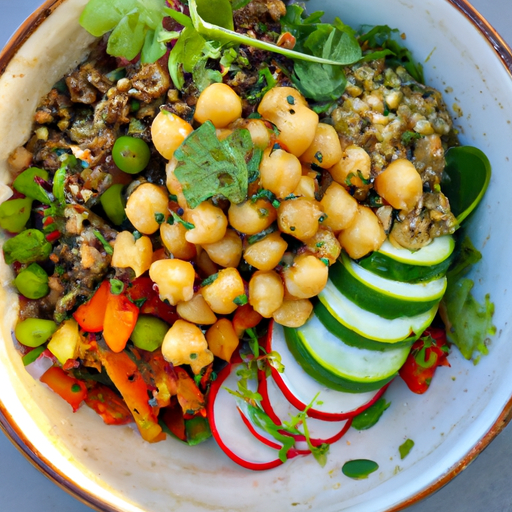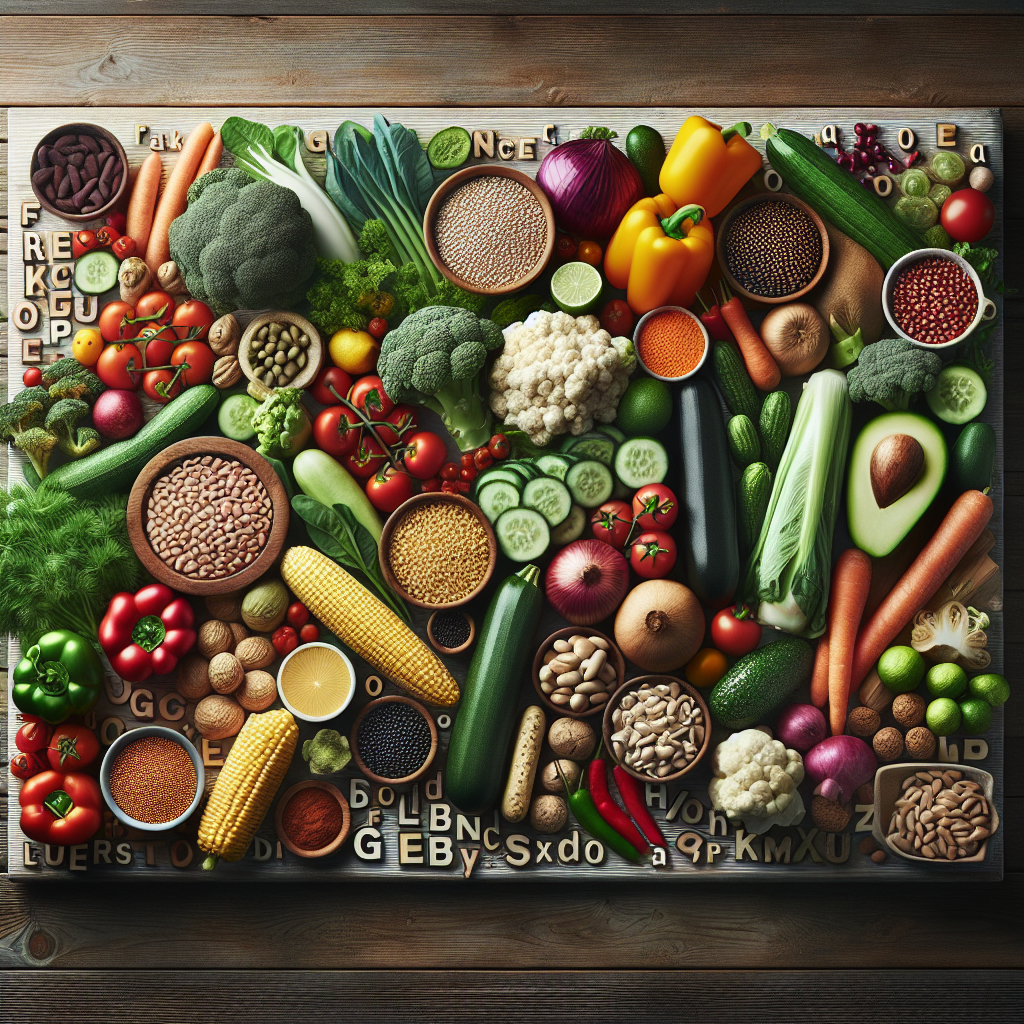Explore the diverse world of plant-based proteins and learn how to build complete nutrition profiles without animal products. Discover innovative ways to combine protein sources for optimal amino acid intake. Get practical tips for transitioning to a more plant-focused diet while maintaining athletic performance.

The rise of plant-based diets has sparked countless discussions about protein adequacy and nutrition. This comprehensive guide explores how to effectively meet your protein needs through plant-based sources, debunking common myths while providing practical, science-based advice for optimal nutrition.
Understanding Plant-Based Protein Protein is essential for building and repairing tissues, producing enzymes and hormones, and maintaining overall health. While animal products are complete proteins (containing all essential amino acids), many plant-based proteins are incomplete. However, this doesn't mean plant-based diets can't provide all necessary amino acids – it's about understanding how to combine protein sources effectively.
Complete plant proteins do exist, including quinoa, buckwheat, and soy products. These foods contain all nine essential amino acids in adequate amounts. However, you don't need to consume complete proteins at every meal. The body maintains an amino acid pool that can be drawn from throughout the day.
Top Plant-Based Protein Sources Legumes form the foundation of plant-based protein nutrition. Lentils, chickpeas, black beans, and other pulses provide not just protein but also fiber, iron, and other essential nutrients. One cup of cooked lentils provides about 18 grams of protein, along with significant amounts of folate and iron.
Soy products deserve special mention. Tempeh, tofu, and edamame are excellent protein sources, with tempeh providing up to 31 grams of protein per cup. These foods also offer beneficial compounds called isoflavones, which have been linked to various health benefits.
Nuts and seeds are protein-rich foods that also provide healthy fats and minerals. Hemp seeds, for example, contain all essential amino acids and provide 10 grams of protein per 3 tablespoons. Almonds, pumpkin seeds, and chia seeds are other excellent options.
Optimal Protein Combinations While the old notion of needing to combine proteins at every meal has been debunked, understanding complementary proteins can help optimize nutrition. Classical combinations include: - Rice and beans - Hummus and whole grain pita - Quinoa and black beans - Nut butter on whole grain bread
These pairings naturally create complete protein profiles, though they don't need to be consumed simultaneously to be effective.
Meeting Athletic Needs Athletes and highly active individuals often worry about meeting their increased protein needs through plant-based sources. However, numerous professional athletes have demonstrated that plant-based diets can support even elite athletic performance.
The key is consuming adequate calories and a variety of protein sources throughout the day. Plant-based athletes might aim for 1.6-2.0 grams of protein per kilogram of body weight, slightly higher than the recommendation for non-athletes to account for the lower digestibility of some plant proteins.
Practical Meal Planning Successful plant-based nutrition requires thoughtful meal planning. Start your day with protein-rich options like: - Overnight oats with chia seeds and hemp hearts - Tofu scramble with vegetables - Smoothie with plant-based protein powder, fruits, and leafy greens
Lunch and dinner can include: - Grain bowls with legumes and roasted vegetables - Tempeh stir-fries - Lentil-based soups and stews - Bean-based burgers or patties
Supplementation Considerations While a well-planned plant-based diet can meet most nutritional needs, certain supplements might be beneficial. Vitamin B12 is crucial as it's primarily found in animal products. Consider supplementing with: - Vitamin B12 - Vitamin D (especially if limited sun exposure) - Iron (if blood tests indicate deficiency) - Zinc (if intake from nuts and seeds is limited)
Addressing Common Concerns Digestive adjustment is a common concern when increasing plant protein intake. To minimize discomfort: - Introduce new foods gradually - Properly soak and cook legumes - Include digestive enzymes or fermented foods - Stay well-hydrated
Another concern is anti-nutrients like phytic acid in legumes and grains. However, proper food preparation techniques such as soaking, sprouting, and fermenting can significantly reduce these compounds while improving nutrient availability.
Environmental Impact Choosing plant-based proteins often has environmental benefits. The production of plant proteins typically requires less water, generates fewer greenhouse gas emissions, and uses less land compared to animal proteins. This makes plant-based protein choices not just nutritionally sound but also environmentally conscious.
Special Considerations Pregnant women, children, and elderly individuals on plant-based diets may need to pay extra attention to protein intake and overall nutrition. Working with a registered dietitian can help ensure all nutritional needs are met through appropriate food choices and supplementation if necessary.
Future of Plant Protein The plant-based protein market continues to evolve, with new products and innovations emerging regularly. From lab-grown meat alternatives to novel protein extraction methods from sustainable sources like algae and fungi, the future of plant-based protein is expanding rapidly.
Conclusion Meeting protein needs through plant-based sources is not only possible but can be highly beneficial for health and environmental sustainability. Success lies in understanding protein sources, planning varied meals, and making informed choices about supplementation when needed. Whether you're fully plant-based or simply looking to incorporate more plant proteins into your diet, the key is to maintain variety and ensure adequate overall nutrition through thoughtful food choices.



